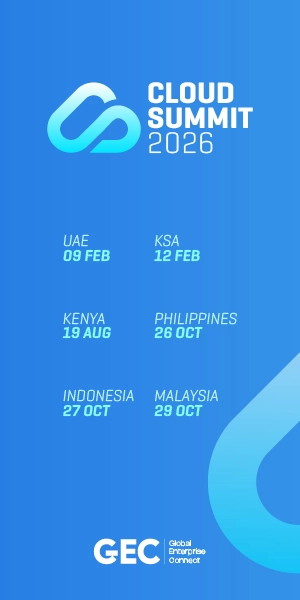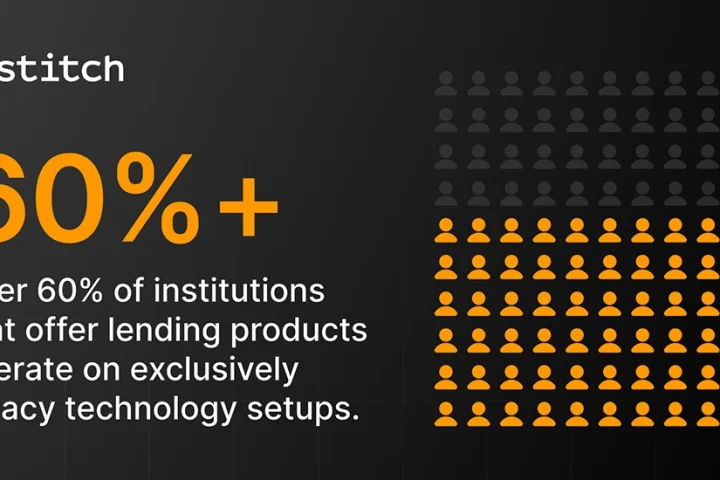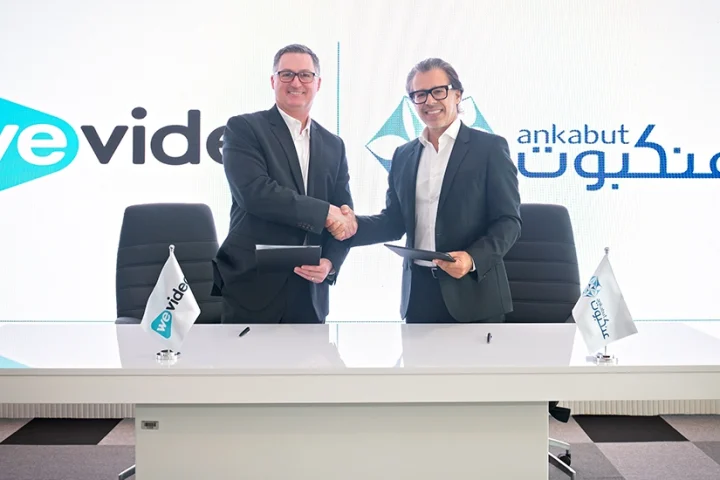Organisations in the Middle East must find quick and efficient ways to operate in an era that is becoming increasingly digitalised by the day. Automating high-volume and repetitive business tasks is one way to save costs and free up staff time to focus on higher-value tasks. This is why CIOs are now turning to Robotic Process Automation (RPA) to streamline business operations and automate manual processes.
For the uninitiated, RPA is an emerging and transformational technology that utilises artificial intelligence and machine learning tools to automate tedious tasks and drive efficiencies in business operations without increasing employee headcount or cost.
No longer just a buzzword, RPA is rapidly becoming the business process technology of choice for organisations looking for ways to enhance delivery, reduce costs and ensure consistent accuracy and quality of work. RPA offers a range of benefits to organisations and the main business case for the technology is its ability to automate most of mid-and back-end processes, which are still performed manually. This allows employees with roles that require creativity, judgement-based decisions and knowledge applications to spend their time on customer-centric business processes rather than being bogged down by mundane tasks that could easily be automated.
Contrary to popular belief, RPA will not replace the human resources but will complement our daily work rather than supplant it. Today, RPA is being widely adopted by organisations with high-volume of manual transactional functions, resulting in improved productivity and quality. These tasks can typically include data entry, call centre operations, procurement, HR processes, and maintenance of records and transactions.
RPA solutions range from a simple software that is applied to a personal computer to do something as simple as sending an automated email response to deploying thousands of software bots across the enterprise, each programmed to capture data, process transactions and interact with other digital systems.
In the Middle East region, there is a surge of interest in RPA tools and it is already being embraced in government and process-driven businesses to boost efficiency. By taking strategic decisions focused on simplicity of operations and automation of rules-based processes, organisations can set the course for RPA technology to help deliver profitable business growth.
RPA has evolved from being a simple mimicking by robots of repetitive human activities to a highly seamless collaboration of human and digital functions. Cognitive computing technology is now driving RPA’s growth, helping to broaden its application in the digital enterprise and driving automation to the next level.
However, it comes with a caveat: RPA is a relatively new technology and its successful deployment hinges on choosing the right solution that fits your organisation’s specific business need. You must do your homework, build a business case and carefully evaluate the vendor landscape and their product offerings before taking the plunge. RPA technology is advancing rapidly, and it is imperative for technology leaders to keep up with the changes and learn from early adopters to get it right.
At Finesse, we are now engaging with regional customers to streamline processes for automation and implementing RPA tools from our partners such as UiPath and Kofax to help them reap the full benefits of digital transformation.


















